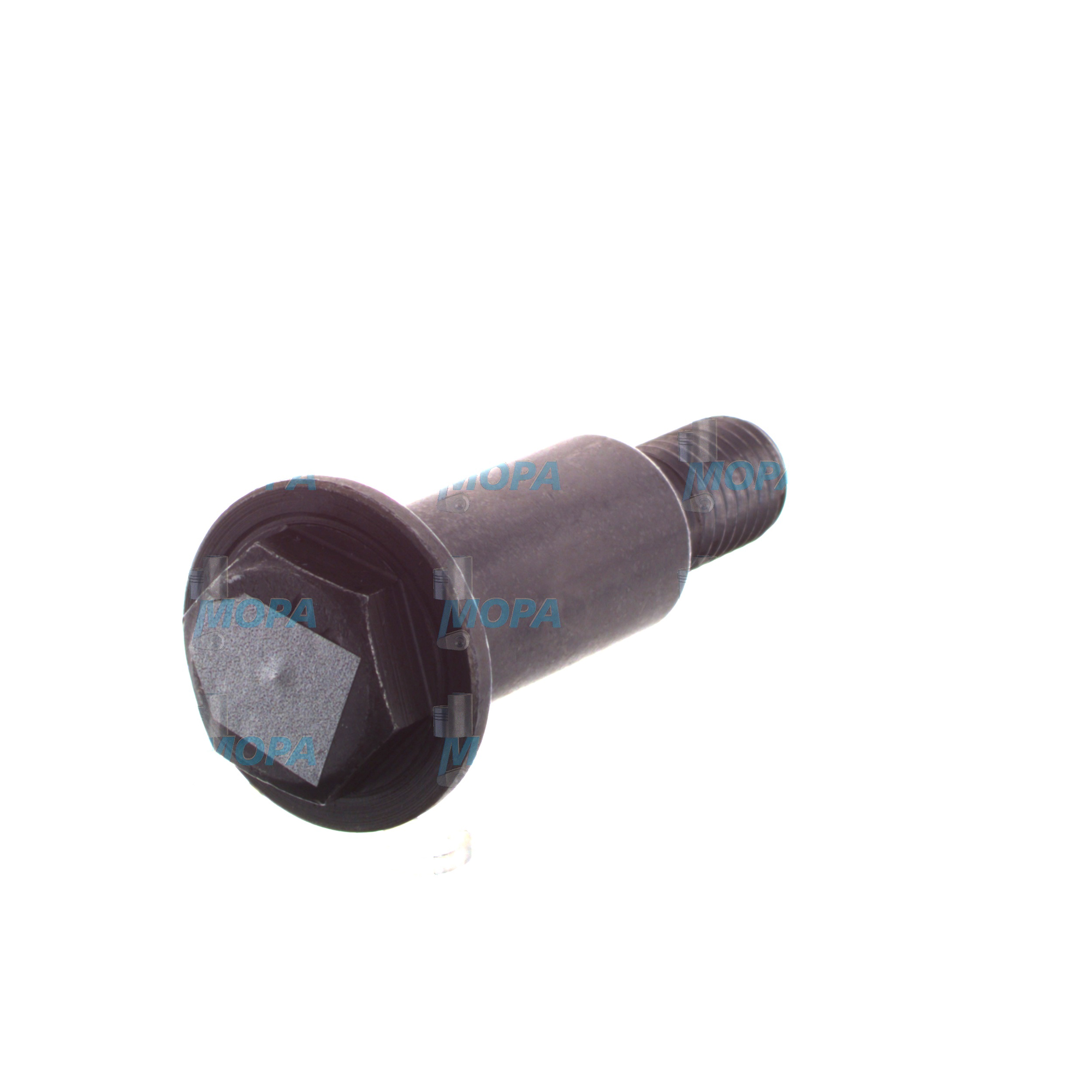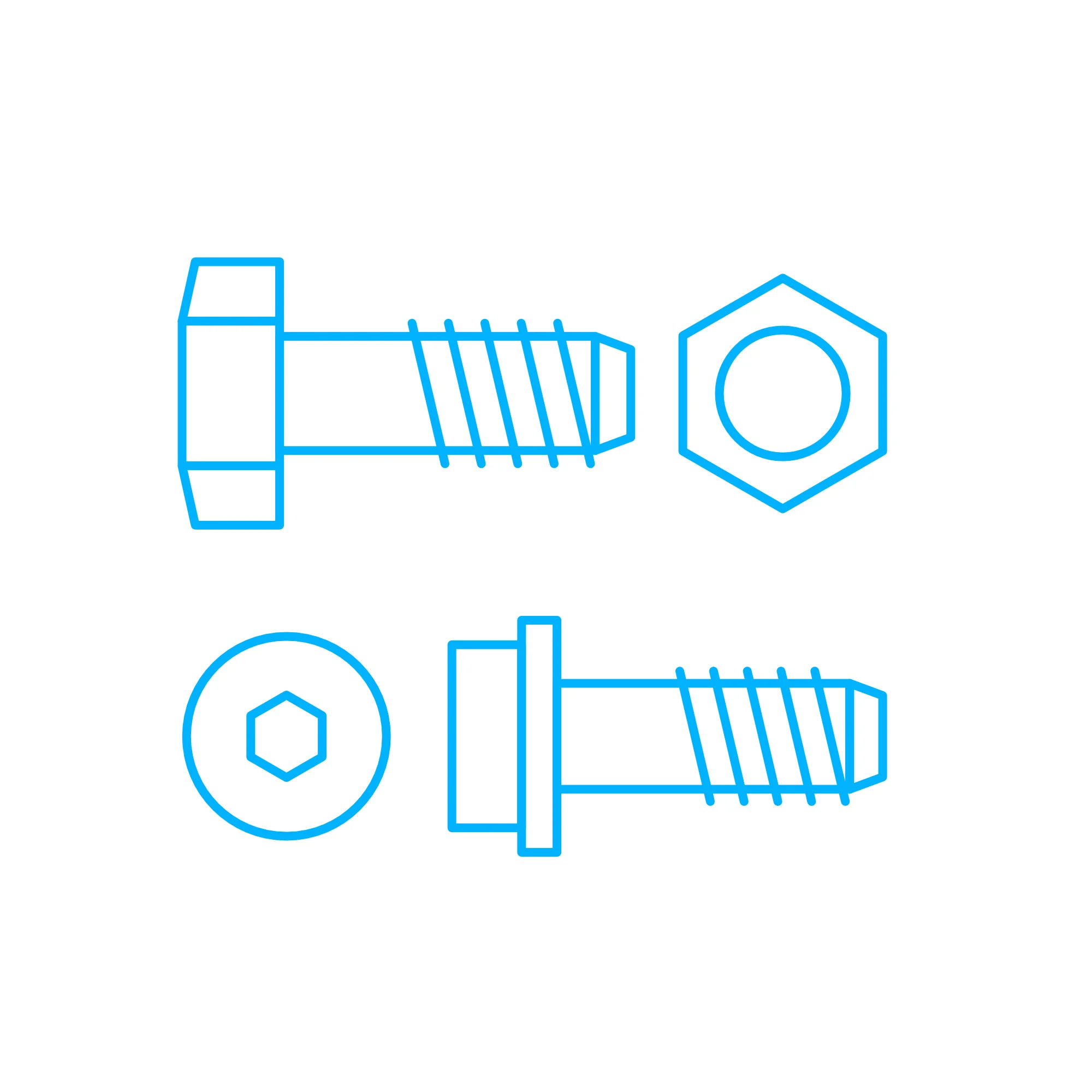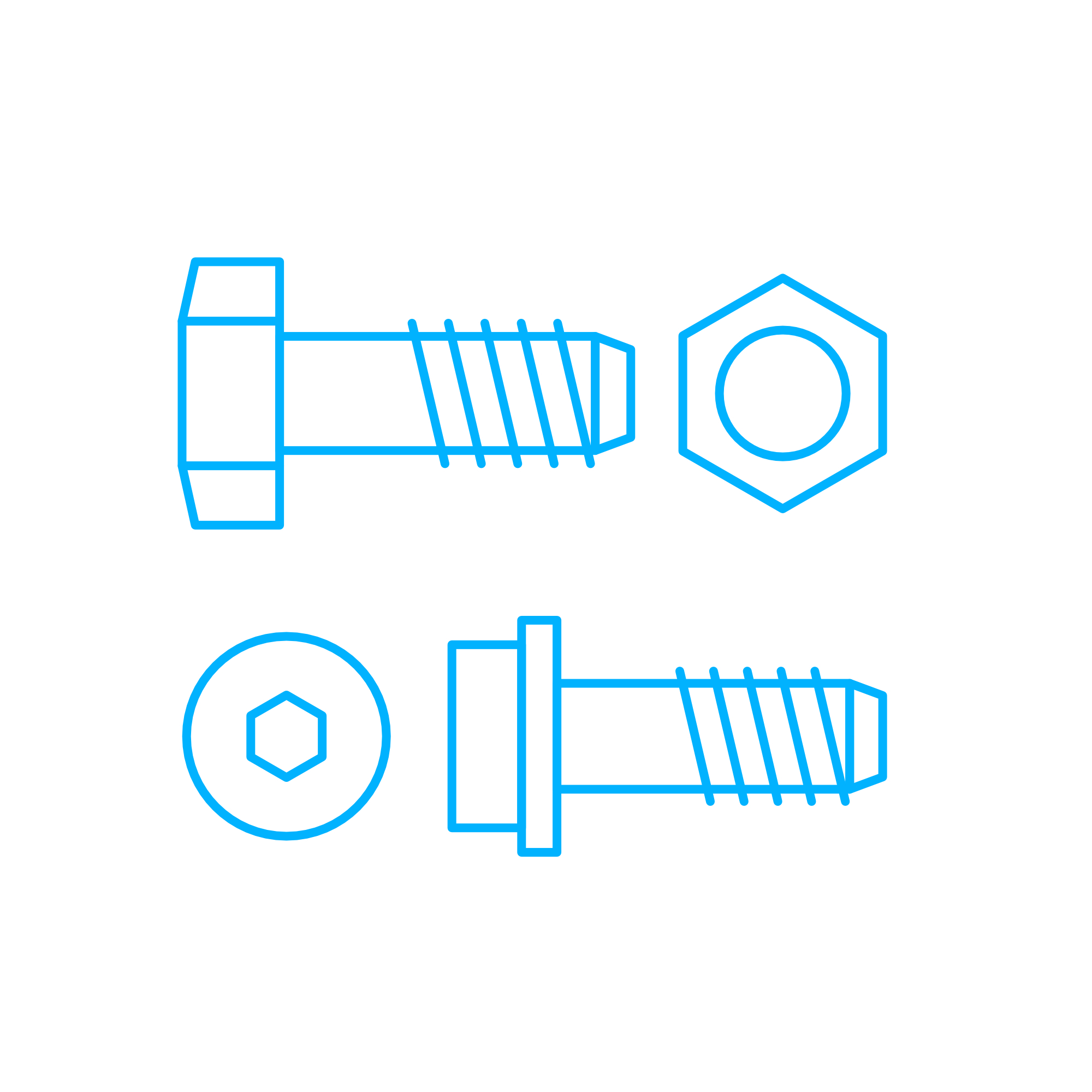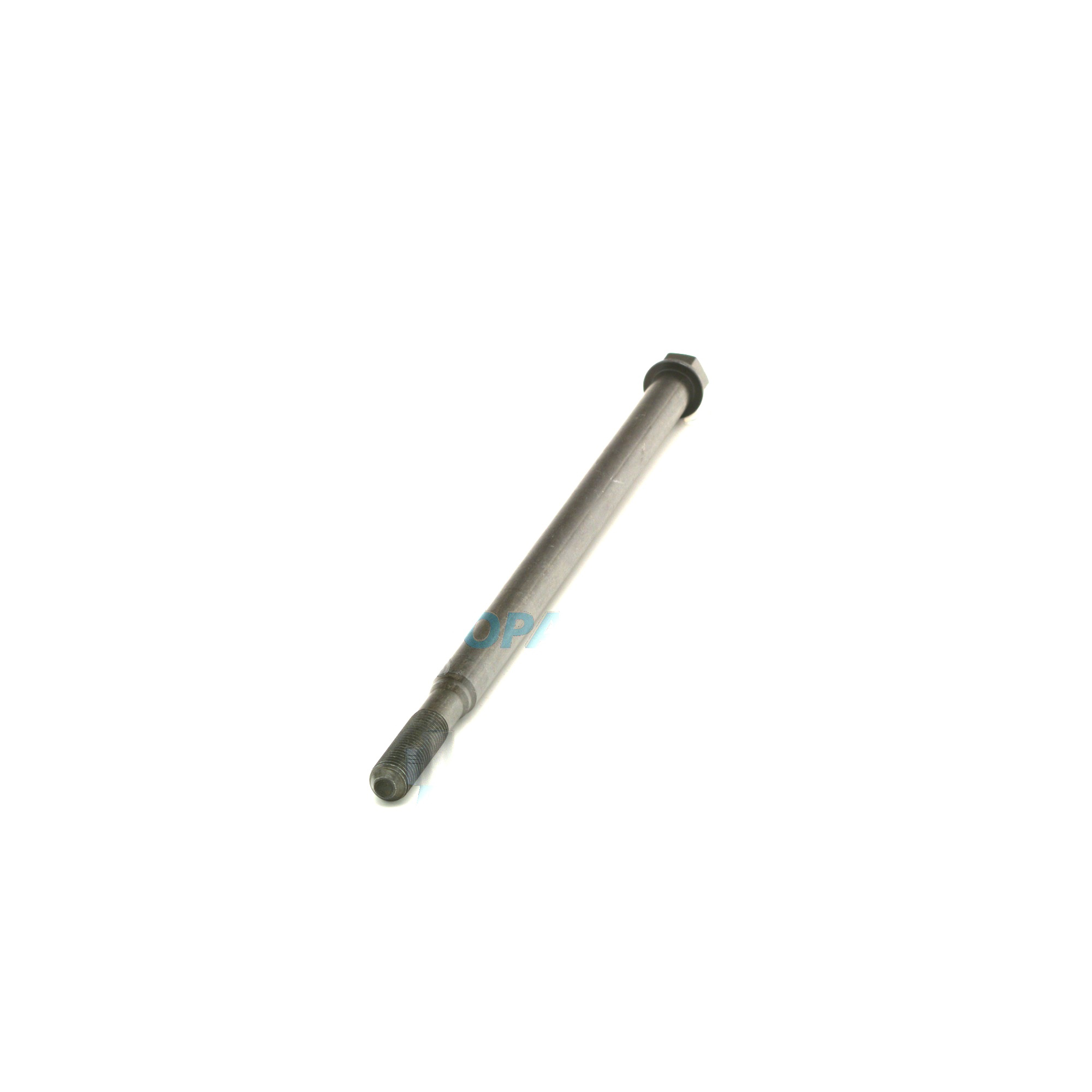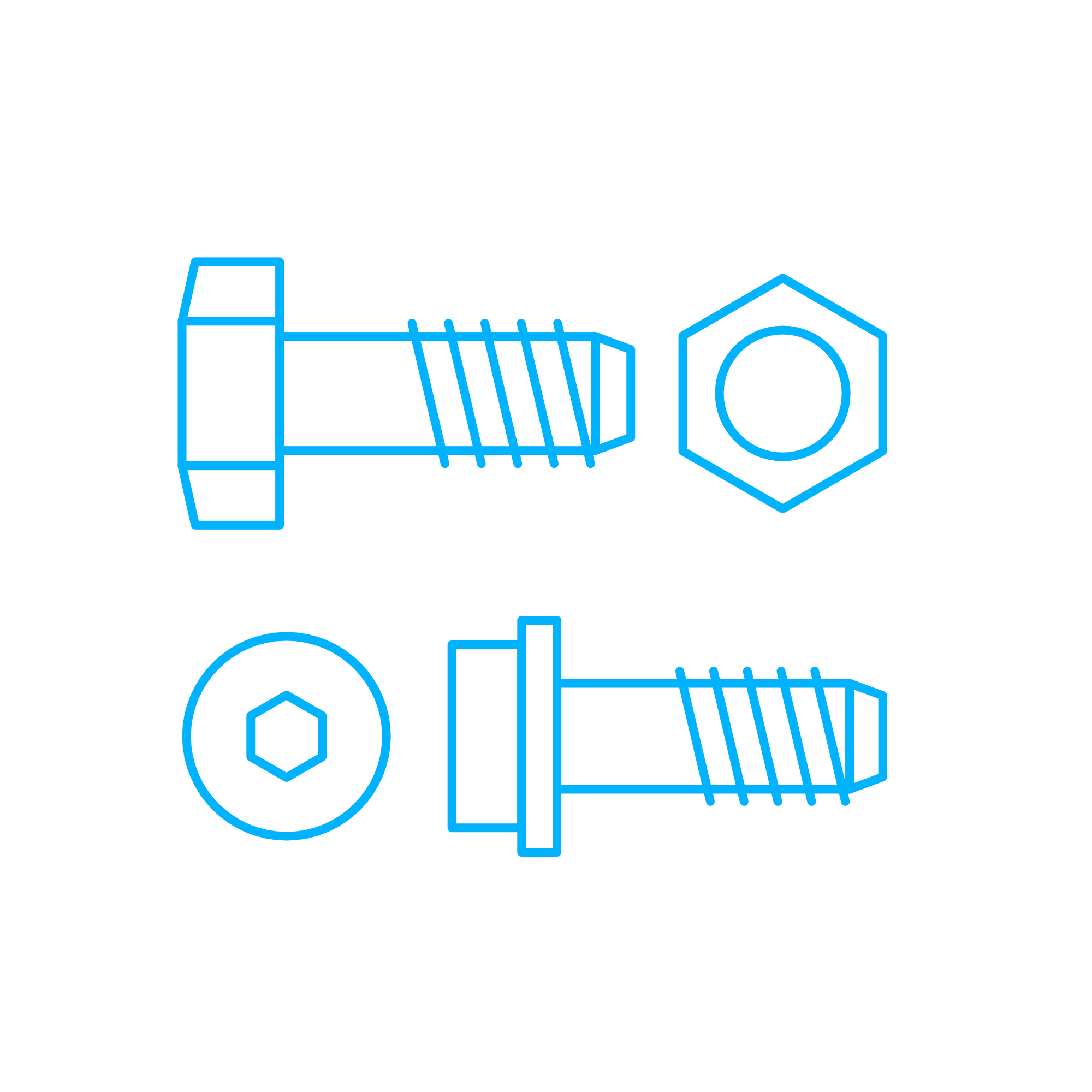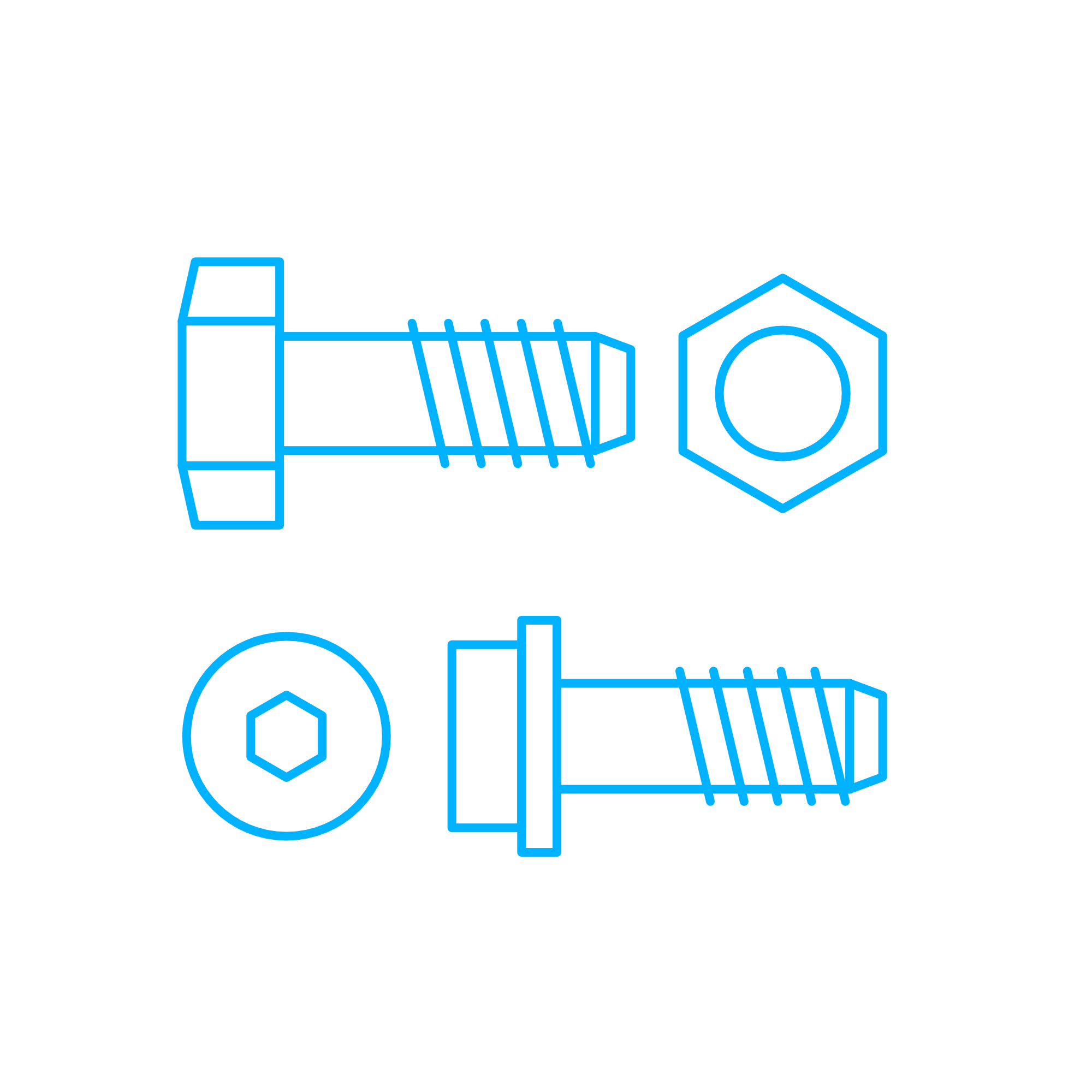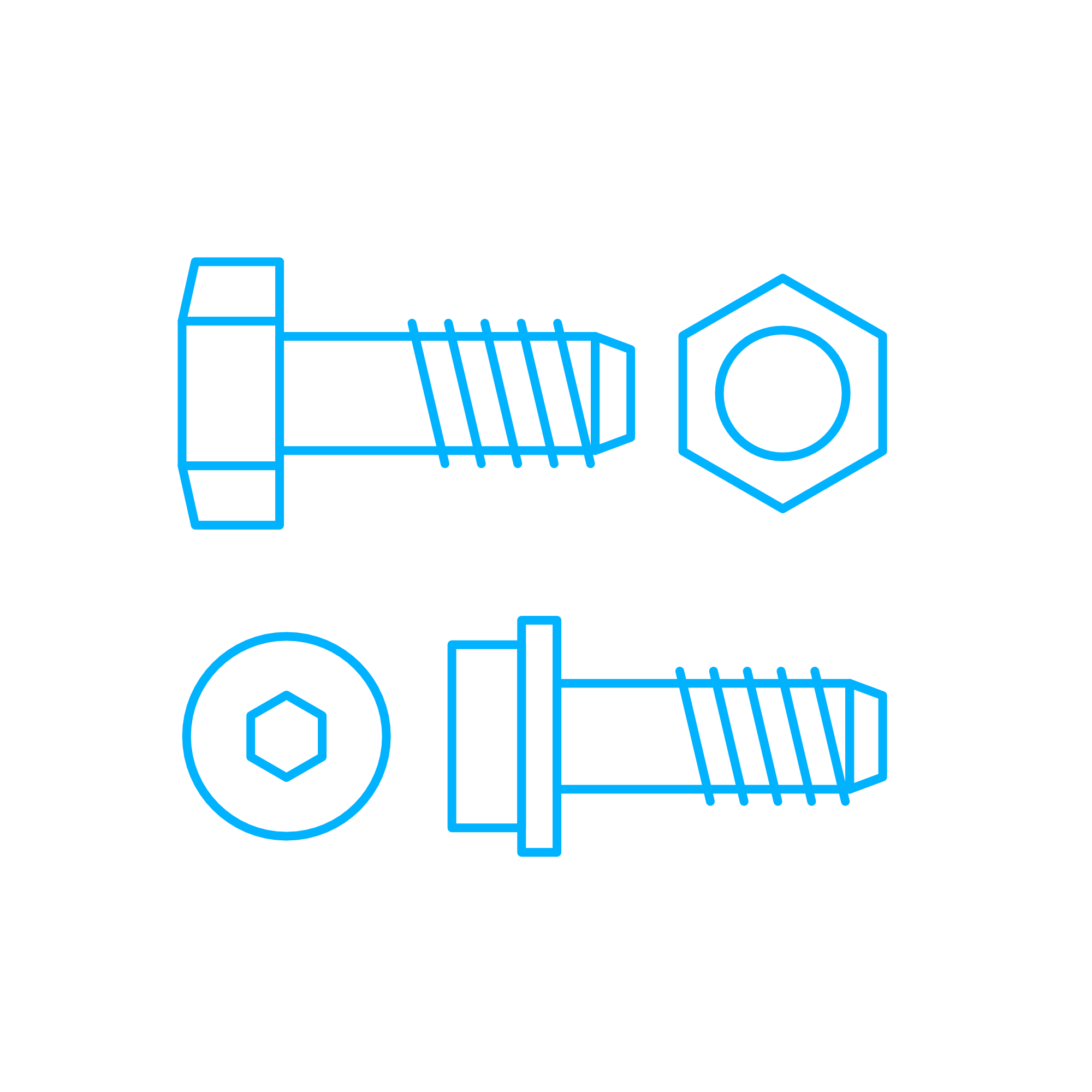FITTING BOLT Screws for high-performance marine and diesel engines
Screws are precision fasteners that create reliable clamped joints throughout an engine. From cylinder heads and main bearing caps to turbocharger housings and auxiliary pumps, they keep components aligned, sealed, and stable under thermal and dynamic loads. In propulsion and power generation, screws are essential to engine integrity and efficiency. Their material strength, thread accuracy, and surface finish directly influence preload, vibration resistance, and long-term reliability—reasons why decision-makers in maritime, offshore, rail, and stationary power applications pay close attention to specifications when selecting screw sets and FITTING BOLT solutions.
Technical function of screws and FITTING BOLT in marine engine and diesel engine assemblies
Inside an engine, screws transform applied torque into axial clamping force. Correct preload compresses gaskets, maintains alignment of rotating groups, and prevents joint separation during peak pressures. High-strength property classes (e.g., 10.9 or 12.9) and alloyed steels are chosen to withstand tensile stress, cyclic loads, and elevated temperatures near exhaust manifolds and turbochargers. Thread geometry, surface finish, and lubrication affect friction coefficients, which in turn determine how much of the applied torque becomes useful preload. In critical joints—such as cylinder heads—torque plus angle or yield tightening methods are used to achieve consistent clamping.
Engine designers specify screw length for proper thread engagement, shank diameter for joint elasticity, and head styles (hex, socket, flange) for tool access and load distribution. Coatings such as zinc-nickel, phosphate, or dry-film lubricants improve corrosion resistance and repeatable tightening, especially in salt-laden marine environments. Where maintenance access is frequent, studs with nuts may be used, but screws remain ubiquitous for covers, casings, brackets, and accessories. A correctly selected FITTING BOLT for marine engine or diesel engine duty ensures dimensional compatibility, tensile capacity, and service life across overhaul cycles.
- · High tensile strength for stable preload under peak pressure
- · Tight thread tolerances for accurate fit and load transfer
- · Heat- and corrosion-resistant materials and coatings
- · Designed for vibration resistance and joint security
- · Compatible head styles for confined engine spaces
- · Predictable torque-to-preload behavior with proper lubrication
- · Compliance with common engine fastener standards
- · Traceable batches and consistent mechanical properties
In rotating equipment mounts, screws prevent micro-movements that lead to fretting and misalignment. In sealing joints, preload keeps gasket stress within the optimal window. On exhaust and turbocharger flanges, heat cycles demand fasteners with sufficient creep resistance and controlled relaxation. FITTING BOLT OEM parts, matched to the engine builder’s drawings, help maintain these parameters across service intervals.
Importance for engine operation, efficiency, and safety
The reliability of screws governs leak-tightness, bearing alignment, and dynamic stability. If screws are under-strength, over-stretched, corroded, or incorrectly torqued, operators risk oil and coolant leaks, loss of compression, hot-gas blow-by, or even component liberation. Loose or fatigued fasteners can escalate into cracked housings, worn keyways, and shaft misalignment, raising fuel consumption and emissions. On deck or in engine rooms, a failed fastener at a turbocharger or high-temperature manifold is also a safety hazard.
Routine condition monitoring—visual inspection for corrosion, checking torque during maintenance, verifying thread integrity in tapped holes, and replacing single-use torque-to-yield screws—protects uptime. Using screws that achieve the specified preload, resist vibration-induced loosening, and maintain metallurgical stability under heat is fundamental to long service intervals and predictable overhauls in both diesel and gas engines.
Advantages of OEM spare parts suitable for Screws
For critical joints, the best results come from screws that precisely match the engine’s technical specification. OEM spare parts suitable for screws provide consistent metallurgy, surface treatment, and dimensional tolerances so that tightening data and clamping calculations hold true in the field. This precision translates into performance, reliability, cost control, and service life.
- · Performance: Correct property class and heat treatment deliver dependable preload and stable sealing.
- · Reliability: Proven tolerances and coatings reduce loosening, galling, and corrosion risk.
- · Budget: Fewer retorque events and avoided secondary damage cut lifecycle costs.
- · Service life: Materials and finishes aligned with engine temperatures and media extend replacement intervals.
- · Safety: Predictable behavior under shock and vibration minimizes unplanned downtime.
- · Documentation: Clear traceability and tightening data support compliance and quality audits.
Whether you need a cylinder head set, main bearing cap screws, or a FITTING BOLT for diesel engine auxiliaries, choosing OEM spare parts suitable for screws ensures the joint behaves exactly as designed.
MOPA: fast, high-quality supply of OEM parts and FITTING BOLT screws
MOPA is an experienced and reliable partner for OEM spare parts in the Screws category. We source and deliver FITTING BOLT solutions and complementary fasteners for diesel and gas engines with a focus on speed, quality, and security in international trade. Customers benefit from technical cross-references to engine builder numbers, documented material grades, and surface treatments suited to marine service. From urgent AOG-style shipments to scheduled dockings, MOPA supports tight timelines with efficient logistics, careful packaging to prevent damage or corrosion, and responsive communication throughout the order cycle.
Applications for FITTING BOLT in marine engine and power generation
Typical scopes include cylinder cover screws, exhaust manifold and turbocharger flange screws, pump and compressor mounting screws, coupling and flywheel screws, and accessory bracket fasteners. For each case, MOPA can supply the correct FITTING BOLT marine engine configuration or FITTING BOLT OEM parts matched to drawings and tightening procedures.
Conclusion
Screws are mission-critical fasteners that secure, seal, and stabilize engine assemblies under demanding thermal and dynamic loads. Selecting the right specifications—and using OEM spare parts suitable for Screws such as a correctly matched FITTING BOLT—preserves performance, uptime, and safety. With MOPA as your partner, you gain rapid access to compliant fasteners for diesel and gas engines, ensuring dependable operation over the entire service life.

